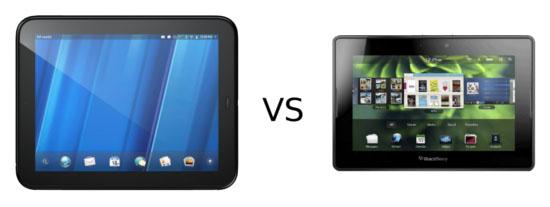
Every so often, companies try their hand at the crystal ball. Based on current and past market trends, they try to predict what the future may look like in the mobile space. This time around they gave us a prediction of what the tablet market share may look like four years down the road.
Estimates like these are certainly hard to conjure up and the chances of them being true four years from now are slim to none as the mobile world is chocked full of surprises on a daily basis. Though highly improbable, it gives us a good idea of what to expect in the future barring no major changes occur.
Gartner's predictions for 2015 state that Apple will control 47.1 percent of the tablet market with Android sitting in second holding on to 38.6 percent. Apple and Google's platforms have been in a tug-o-war since Android's induction in September '08, and I don't expect this to change in the near future. The chances of these two fighting for the tablet throne is inevitable and which one takes the crown is irrelevant. They will both be giants – in comparison – by 2015.
What I'm more interested in is the predictions of webOS and QNX in the tablet space. Gartner estimates QNX will take third with 10 percent of the market and webOS in fourth with a mere 4 percent.
Realistically, these numbers are about as useful as a hole in a bucket. Neither of these operating systems have even made it to the tablet market yet. Judging how they will be received is impossible, but it is still fun to ponder what will become of them in the future.
Who will take the bronze metal in the tablet space? Upon browsing several other tech sites and the comments and polls from our very own readers, the hype behind these two platforms seems to be about neck and neck.
Based solely on hardware, the PlayBook could easily take third. With QNX software, the ability to run Android applications, and some serious specifications to boot, the PlayBook has a large leg-up on its counterpart. However, based on the general consensus from several friends, family members, and colleagues, a lot of people feel as if they will need a BlackBerry smartphone to accompany a PlayBook. Although we now know this isn't the case, the Bridge software, while attractive to business users, could put a rather large dent in initial sales.
Another tidbit worth considering is RIM adding the ability to run Android applications on the PlayBook. This can be perceived as RIM waving the white flag on pushing development for their own platform. Allowing the Android Market on a QNX device can be interpreted as Android being superior software. It also gives developers little incentive to keep developing for BlackBerry and instead encourages them to develop for Android. This certainly takes some of the differentiation of QNX away and Android could eventually eat up RIM's market share. Don't get me wrong, it was a good short-term move for RIM, but it could also be a deadly one down the road.
As for webOS, the potential for it to gain traction is very high. I don't expect it to rise to the popularity of Android anytime soon, but there is definitely a growing fan base behind it and HP has some pretty big plans for the platform. HPalm's webOS is to be included on every PC sold in 2012. This obviously isn't included in Gartner's predictions as PCs aren't tablets, but it doesn't appear as if it has been reflected at all.
Having webOS available on every PC will definitely get the word out there and could encourage a plethora of new developers to adopt the web-based platform, especially with the tight-knit ecosystem that HP is promoting. Is it just me, or does 4 percent of the tablet space seem a little small?
These two platforms are definitely the underdogs in both the smartphone and tablet realms, and I have no doubt they will be fighting tooth and nail for tablet market share. Which one has what it takes to come out on top?